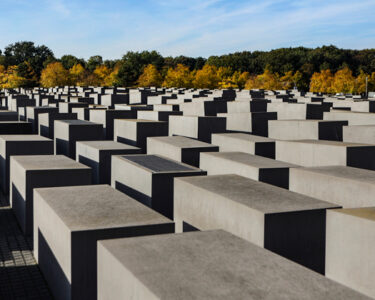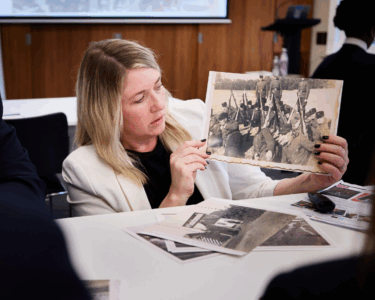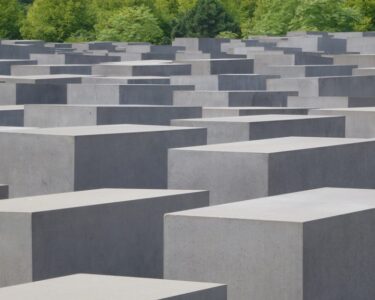13th – 20th November 2022
‘It is poignant that Interfaith Week 2022 begins on Remembrance Sunday (13 Nov) and ends on Mitzvah Day (20 Nov, the UK’s largest faith-led day of social action). Each enshrine sacred paradigms: remembrance, charity, compassion, love, respect, and the hope for peace – all central to the mission of interfaith work.
At UCL Centre for Holocaust Education our teacher training programmes include exploring case studies of individuals who, during the Holocaust, risked everything to rescue, protect or conceal Jews and others in grave danger. Some of these remarkable but also very ordinary people found their moral courage through their humanitarian conscience and intuitive sense of what was ‘the right thing to do’. Others were driven by the benevolent codes of religious faith such as the Huguenot Protestants who lived in Le Cambon sur-Lignon. The population, under the leadership of Pastor Andre Trocme, transformed their village into a safe haven for French Jews fleeing from the Nazis and their collaborators. Between 3,000 and 5,000 Jews were estimated to have been saved from almost certain death by the inhabitants’ collective action.
Similarly, the Hardaga family who, in this case, were moved to act, in part, by their Muslim faith, provided shelter for the Jewish Kavilio family when German forces occupied Bosnia in 1943. Interestingly, half a century later, during the Bosnian Civil War, the Hardagas were themselves saved by the Kavilios when the latter pleaded with the President of Bosnia to permit the Hardagas to travel to Israel.
These stories shine rays of hope within the moral abyss of human depravity of that terrible era. They help us maintain faith and to see how the idea of Tikkun Olam (repairing the world) is possible.‘
Ruth-Anne Lenga, Programme Director
Find out more about these remarkable stories in our resource: Heroic Actions of the Holocaust



